Religious adoption and foster care agencies should be free to follow their faith convictions in their work serving vulnerable children. A recently proposed bill in Virginia (HB 1051) would unjustly restrict that freedom.
There are approximately 5,000 foster children in Virginia, more than 900 of whom are ready for adoption now. Virginia is ranked 49th in the country for children aging out of the foster care system without being adopted. HB 1051 would do nothing to help these children. To the contrary, if enacted, the bill would reduce the number of adoption and foster care providers operating in Virginia, many of which are from religious communities that were caring for orphans long before governments got involved.
HB 1051 is the latest in a string of state and local efforts across the United States in recent years (e.g., in Massachusetts, Illinois, California, Washington, D.C., Michigan, and Philadelphia) that force religious adoption and foster care agencies to choose between their religious calling to serve needy children and their religious convictions on marriage, sexuality, and family life. Many of these organizations see their calling and their convictions as inextricably linked.
Currently assigned to a subcommittee in the Virginia House of Delegates, HB 1051 would forbid the Commonwealth of Virginia from contracting with or providing funds to “any child-placing agency that, in making decisions regarding the placement of a child, discriminates against the child or otherwise eligible prospective foster or adoptive parents on the basis of,” among other protected classes, “sexual orientation, gender identity, or marital status.” This legislation would also remove conscience provisions that protect religious adoption and foster care agencies from being denied licensing, contracts, or grants when they refuse to place children in certain households on the basis of “religious or moral convictions or policies.” The subcommittee convened a public hearing on the bill earlier today.
Religious freedom is the “right of all persons to believe, speak, and act – individually and in community with others, in private and in public – in accord with their understanding of ultimate truth.” Religious freedom includes the “right of individuals and communities to create and operate religious institutions,” that align with their religious understandings. The Code of Virginia, as it currently stands, and the First Amendment to the U.S. Constitution, provide ample legal ground for maintaining this robust vision of religious freedom for all Virginians. HB 1051 cuts in the exact opposite direction.
Undertaken in the name of LGBTQ equality, HB 1051 and similar efforts are part of a broader social movement that is now central to American public life. For example, last fall the 2020 Democratic presidential candidates dedicated an entire town hall to LGBTQ issues. And last spring the U.S. House of Representatives passed the Equality Act, which would treat sexual orientation and gender identity (SOGI) the same as race in federal civil rights law. Additional examples from 2019 alone would be too numerous to list. Given the overwhelming success of the LGBTQ rights movement across American society, it is reasonable to ask what material harms SOGI nondiscrimination protections are meant to remedy, assuming that these harms should provide at least part of the justification for passing them into law.
It is also important to look closely at the organizational practices HB 1051 and similar proposals aim to address and curtail. When religious child welfare organizations seek to place children with households headed by a husband and wife, the sexual orientation and gender identity of the spouses are nowhere in view. Fundamentally, these organizations are intent on providing that which every foster and adoptive child has lost (temporarily or permanently), a mother and a father, and that which every child deserves, a mother and a father committed to one another in marriage. SOGI criteria are not really at play here.
The practice of seeking to place children with a mother and father does not, in itself, contemplate LGBTQ identities, but HB 1051 and similar measures operate on the opposite assumption. They are intended to force religious organizations to change their placement practices or get out of adoption and foster care altogether. In other jurisdictions (e.g., see recent cases in Michigan and Philadelphia), similar provisions have been used to impose just such an ultimatum. One bright spot is Tennessee’s HB 836, which puts in place institutional conscience protections that are nearly identical to those the Virginia bill would repeal.
Religious child welfare organizations and gay couples do not have an equal stake in the outcome of HB 1051. Contrast the status quo for gay couples with the circumstance for many faith-based providers if HB 1051 is enacted. In the latter case, religious organizations that run afoul of the state’s new orthodoxy must decide whether to forfeit their religious convictions or forfeit their religious calling to serve needy children. Either alternative is devastating for them. Gay couples, by contrast, may be deeply offended by Virginia’s current law that allows faith providers to decline to work with them, but they may still seek out an array of other organizations that will.
In sum, this bill offers a remedy to a problem that does not exist and would profoundly harm the religious freedom of faith providers that serve vulnerable children in need of loving homes.

